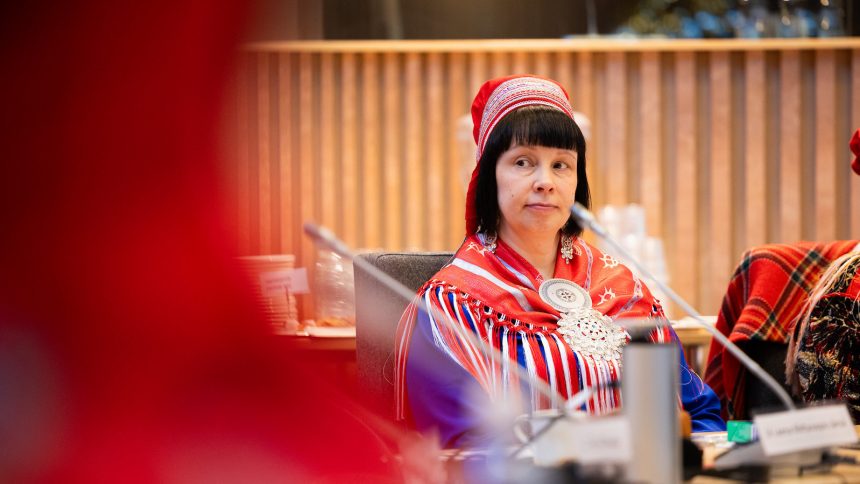Indigenous peoples around the world are increasingly seeking support from the United Nations to protect their land, resources, and culture from green energy projects. The lack of effective legal recourse in the countries that colonized them has pushed Indigenous communities to look to the U.N. for assistance, particularly in cases involving development projects on their homelands.
In the Nordic countries, the clash between the public reputation for respecting human rights and the treatment of Indigenous Sámi peoples has become evident. Instances where the governments of Norway and Sweden have violated the rights of the Sámi people due to development projects have drawn international attention. Most recently, Finland was found to have violated the rights of the Sámi by granting mineral exploration permits without conducting proper impact assessments or obtaining free, prior, and informed consent from the community.
The recent decisions by the U.N. committees on the Rights of the Child and Economic, Social, and Cultural Rights highlight the importance of respecting Indigenous rights and international human rights conventions. For the Sámi people, the rulings emphasize the need for recognition of traditional governance structures, such as siidas, in decision-making processes related to development projects.
In an interview, Indigenous advocate Näkkäläjärvi emphasized the importance of incorporating Indigenous perspectives into impact assessments to truly understand the holistic connections that exist within Indigenous cultures. The recognition of free, prior, and informed consent reaching all the way to the siida level by international law could lead to positive changes in Finnish legislation and empower Indigenous communities in decision-making processes.
Despite facing the impacts of climate change, such as shifting seasons and rising temperatures, Indigenous communities continue to be burdened by large-scale industrial projects that threaten their traditional livelihoods. The push for green transitions by nation-states often exacerbates the challenges faced by Indigenous peoples in safeguarding their lands for future generations.
Moving forward, the hope is that the recent U.N. decisions will prompt states to uphold free, prior, and informed consent in all mining-related decision-making processes and spur legislative changes to better protect Indigenous rights. The need for greater cultural competency and recognition of traditional governance structures in development projects remains a crucial aspect in ensuring the rights of Indigenous peoples are respected and upheld.






